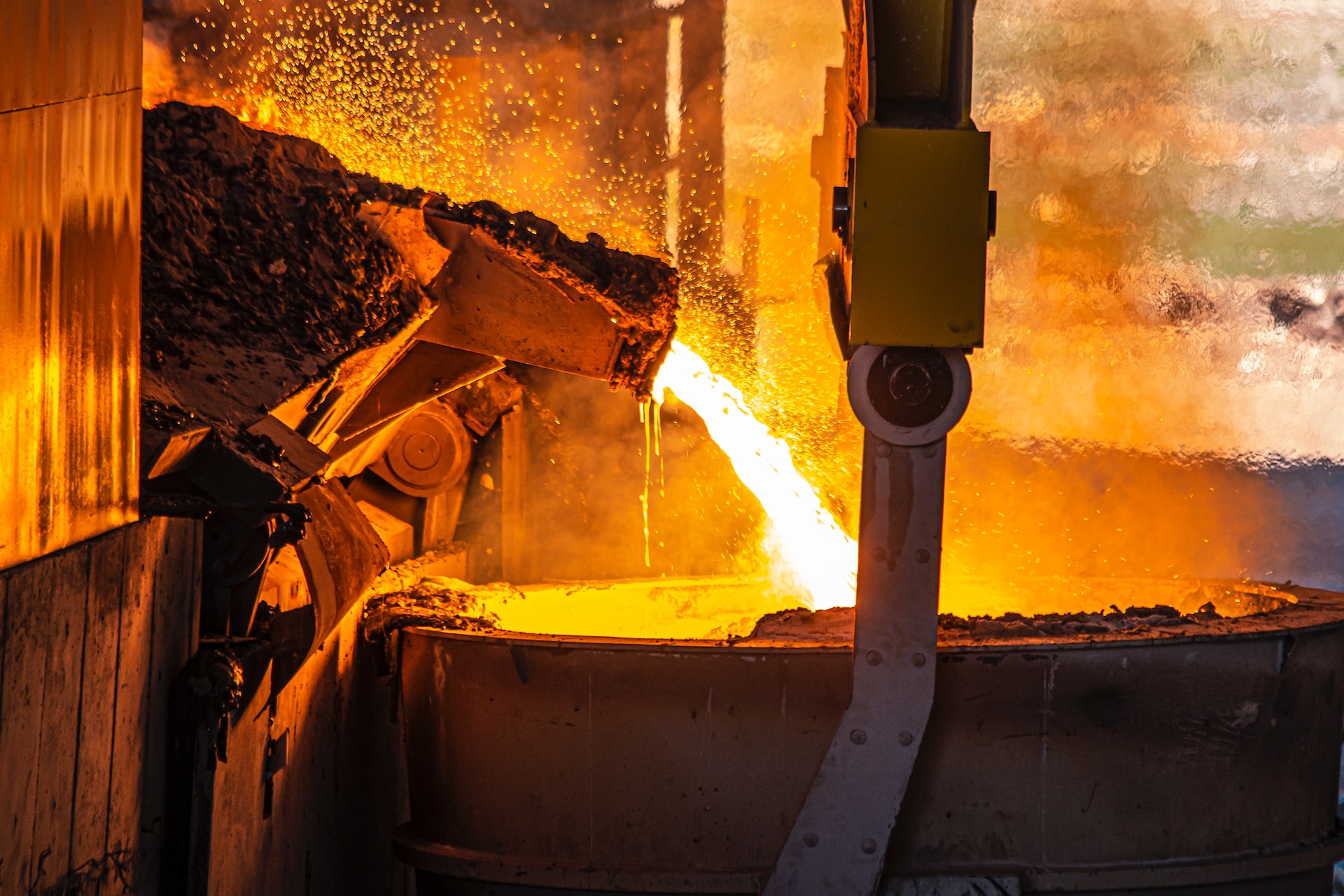AFV Beltrame Group is launching its “Chalibria” carbon-neutral steel, for the upstream Scope 1, 2 and 3 emissions in the “cradle-to-gate” value chain, the Italian steelmaker’s business development head, Carlo Beltrame, tells Kallanish.
The project started two years ago following a three-step decarbonisation approach: measuring CO2 emissions, identifying actions and reducing emissions. This approach led to the definition of a decarbonisation plan that includes a list of new investments to be deployed across the group’s facilities in Italy, France, Switzerland and Romania by 2030.
“Chalibria is a way to show all our stakeholders our process … All our stakeholders will be able to gather information on the implementation of our strategic plan and see how much we reduce in line with our strategic roadmap all in open source, with simple internet access,” Beltrame says.
The calculation of the Scope 1+2+3 carbon footprint of Chalibria is verified by independent certification body RINA, in accordance with ISO14064-1. Chalibria’s carbon neutrality is achieved by offsetting CO2 emissions through the purchase of carbon credits on a voluntary basis, in line with the PAS2060 (specification for the demonstration of carbon neutrality) certification and verified by RINA.
Beltrame’s CO2 emissions are currently 75% below the emissions average for the steel industry and 15% below the European average of electric arc furnace players, Beltrame says. By 2030, the group’s decarbonisation plan targets to reduce 40% of Scope 1 and 2 emissions. The main projects of the decarbonisation plan are related to production efficiency, circular economy and green energy sourcing.
The steelmaker is revamping the main reheating furnaces of the rolling mills and enabling digital control systems to reduce the consumption of natural gas. It plans to employ heat recovery technology to generate electricity. In Italy, the group set up “Renewability” in 2022, a consortium of renewable energy consumers which aims to invest in the construction of solar power plants and supply the green electricity produced to each member.
In Romania, the group recently acquired the Combinatul de Oteluri Speciale (COS) Targoviste steelworks and is investing in a photovoltaic park. About €50 million ($52m) will be initially injected to reach a renewable capacity of 75MW. The steelmaker took over the Targoviste plant in March, aiming to become the local market rebar leader thanks to a major plant upgrade (see Kallanish passim).
In June, Targoviste restarted producing rebar and is now supplying the local construction sector. The mill has a meltshop that is currently being revamped and two rolling mills. Beltrame will build a brand-new meltshop and rolling mill facility for commissioning in two years.
The existing revamped equipment will be dedicated to production of a range of special steel complementary to production at Calarasi, the other Beltrame plant in Romania. In 2023, Targoviste should reach about 200,000 tonnes production of rebar, from the forecasted 55,000t in 2022. Romania’s rebar consumption is 600,000-700,000 t/year. The country imports construction steel from countries such as Bulgaria and Turkey.
Natalia Capra France






